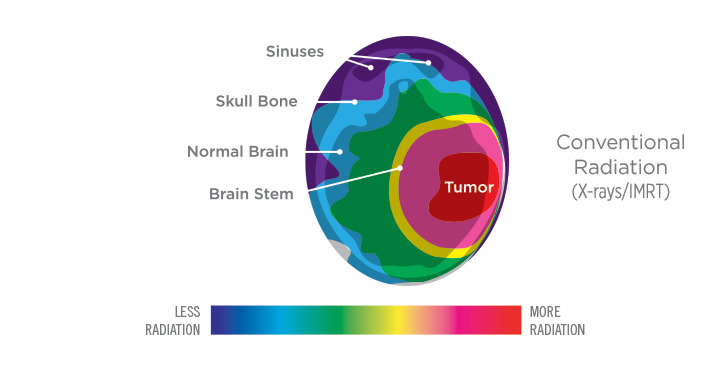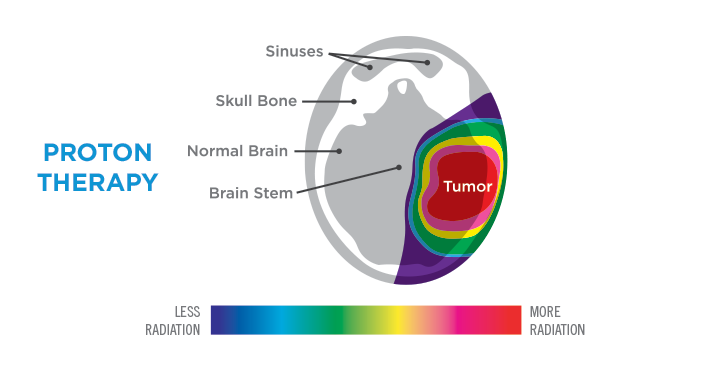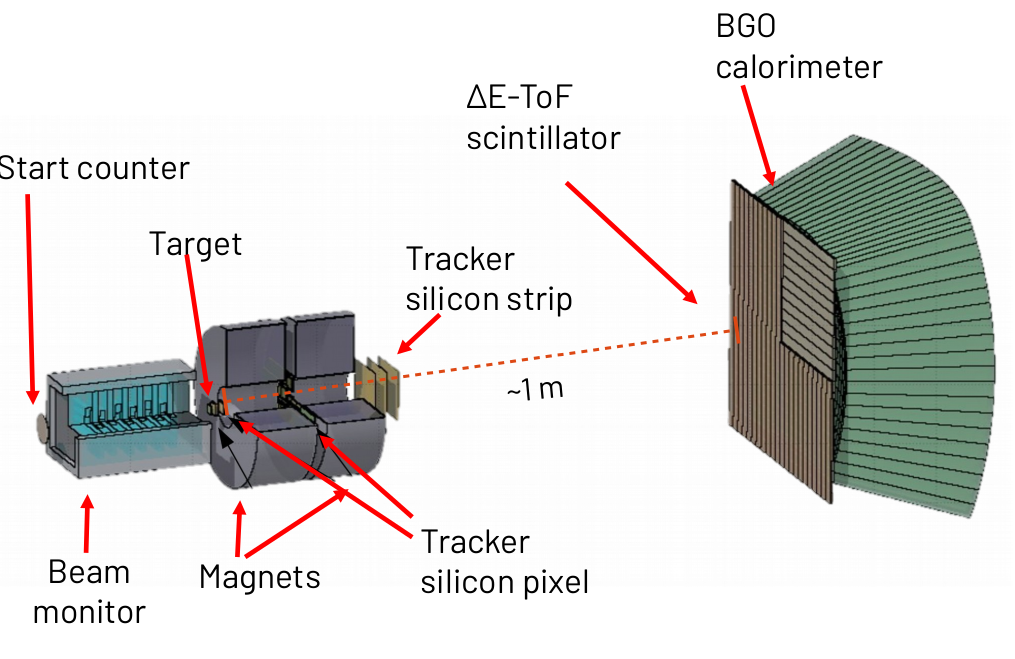PageContent
FOOT
Local coordinator:
+ Roberto Spighi
The main goal of the FOOT (Fragmentation Of Target) experiment is to improve the precision of hadrontherapy, a cutting-edge radiation therapy technique against deep solid tumours, by studying the interactions between human body nuclei and particles used in the treatment.
In a hadrontherapy treatment, protons and heavier ions (such as Carbon ions) are used: thanks to their properties, they can damage human tissues in a localized way, allowing us to focus the damage in cancer cells sparing normal tissues.
However, nuclear fragments produced in some interactions could be a important hazard from the biological point of view, both for cancer and normal cells.
Therefore, it is important to know and describe well such processes in order to deliver a medical treatment as effective as possible.


A comparison between hadrontherapy and conventional radiation therapy for a brain tumour.
https://provisionhealthcare.com/about-proton-therapy/advantages-of-proton/
FOOT will measure fragmentation cross sections of human body nuclei (Carbon, Oxygen) with great precision (better than 5%).
Indeed, there is a lack of experimental data at hadrontherapy energies (100-300 MeV/n) at the moment and the accuracy of theoretical methods alone is not enough to guarantee the required precision.

The FOOT experiment, thanks to its versatility, will also study interactions at higher energies in order to optimise spacecraft shielding for future human missions in the Solar System.
The radiation field in space (galactic cosmic rays and solar particle events) could be a major limiting factor for long-duration human missions beyond low Earth orbit.
Therefore, FOOT will measure nuclear fragmentation cross sections in the [700-1000] MeV/n range in order to characterise the behaviour of some materials which could be used as spacecraft shielding.
The Bologna FOOT team is involved in several topics in the experiment: data analysis, data acquisition (DAQ), global track reconstruction and neutron detection to expand physics program.
At the moment, some team members have important roles in the FOOT experiment, such as physics coordinator, DAQ coordinator and editorial board coordinator.












